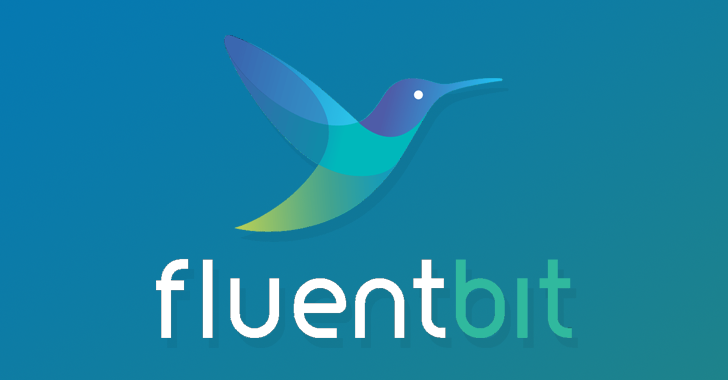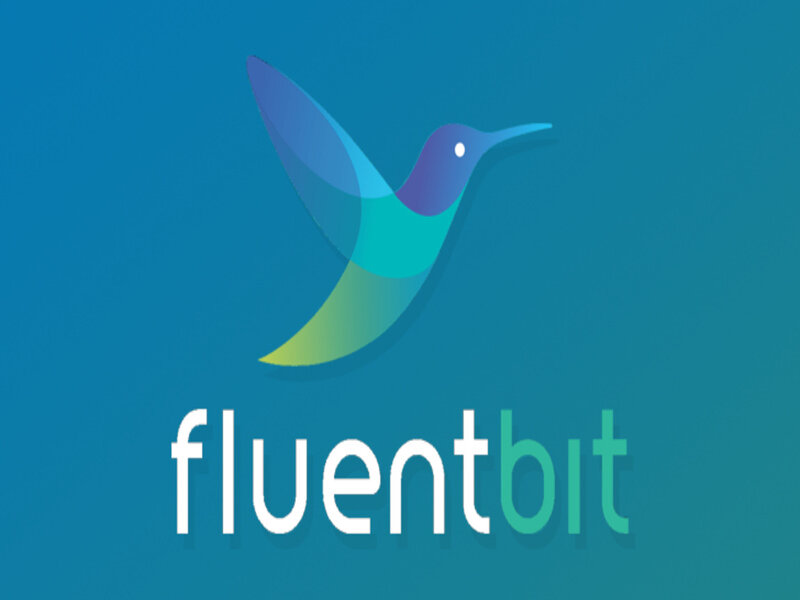
A severe security flaw (CVE-2024-4323) in Fluent Bit, a widely used logging tool, could let attackers crash systems (DoS), steal data, or even take control (RCE).
A major security flaw has been identified in Fluent Bit, a widely used open-source logging utility. This vulnerability, dubbed “Linguistic Lumberjack” by Tenable research and tracked as CVE-2024-4323, carries a severity score of 9.8, indicating its critical nature.
Fluent Bit is no lightweight tool. Boasting billions of downloads and over 10 million daily deployments, it serves as a vital component for major cloud providers like Microsoft, Google Cloud, and Amazon Web Services (AWS). Tech giants such as Cisco, LinkedIn, VMware, Splunk, Intel, Arm, and Adobe also rely on Fluent Bit’s capabilities.
The vulnerability resides within Fluent Bit’s built-in HTTP server and stems from a memory corruption issue. This flaw could potentially be exploited by attackers to launch various malicious attacks. Tenable has confirmed that an attacker with access to the Fluent Bit monitoring API could leverage this vulnerability to:
- Launch Denial-of-Service (DoS) attacks: These attacks aim to overwhelm a system with requests, rendering it unavailable to legitimate users.
- Steal sensitive information: Attackers might be able to exploit the vulnerability to gain access to confidential data stored within the logs.
- Potentially achieve remote code execution (RCE): While Tenable acknowledges the possibility of RCE, successful exploitation depends on factors like the operating system and underlying architecture.
While creating a reliable exploit for RCE might be complex, Tenable has publicly released technical details and a proof-of-concept (PoC) exploit that demonstrates the feasibility of DoS attacks.
The good news is that a patch has been developed by Fluent Bit developers. However, it hasn’t been integrated into an official release yet. Tenable has also notified major cloud providers like Microsoft, AWS, and Google Cloud to ensure a coordinated response.
In the meantime, users deploying Fluent Bit within their own infrastructure can implement mitigation strategies. These include restricting access to the tool’s API and disabling the vulnerable endpoint if it’s not actively used.







